Category: Digital Twin
-
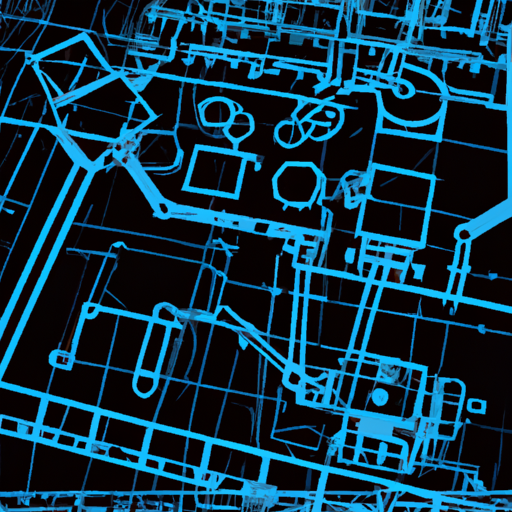
Mastering the Maze: Navigating Data Collection, Privacy, and Computational Challenges in the Digital Twin Transformation Era
The journey towards digital-twin transformation, a key part of the Fourth Industrial Revolution, is challenging but rewarding. It requires substantial data collection, powerful AI-driven computation, and comprehensive data analysis. The complexity of digital twins, their real-time adaptation, and the use of AI and machine learning add to the computational load. However, cloud-based solutions and advanced…
-
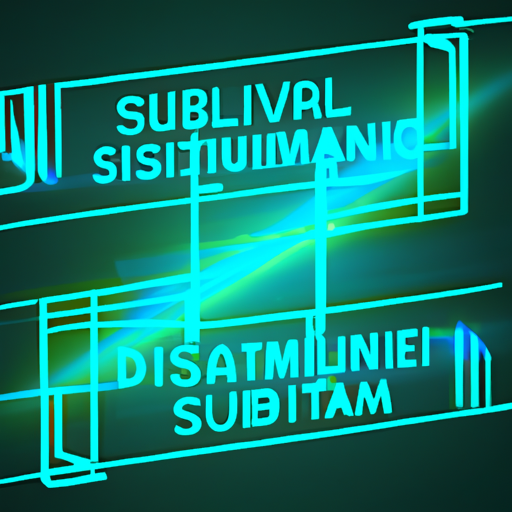
Transforming Sustainability: How AI and Digital Twins Predict Environmental Impact for Future Growth
The merging of AI and digital-twin technology is revolutionizing sustainability and environmental management. Digital twins, as virtual replicas, offer a safe environment for simulations and testing, while AI’s predictive power enhances the accuracy of these models. This combination offers data-driven environmental analysis, predicting impacts of various scenarios on the environment. This transformative approach is applicable…
-
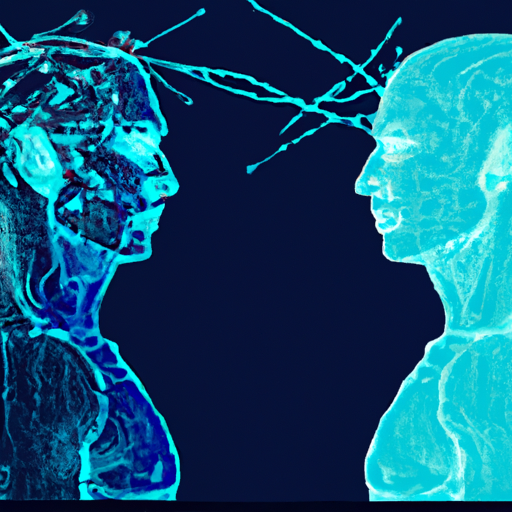
Revolutionizing Healthcare: The Transformation of Patient Care, Surgical Procedures, and Resource Management Through Digital Twin and AI Applications
The healthcare industry is undergoing a transformation driven by AI and digital twin technologies. Digital twins, virtual models of physical entities, are changing the game in personalized treatment, aiding in identifying effective treatments, managing chronic conditions, and meeting the growing demand for remote healthcare. In surgical procedures, digital twins, combined with AI, improve accuracy, patient…
-
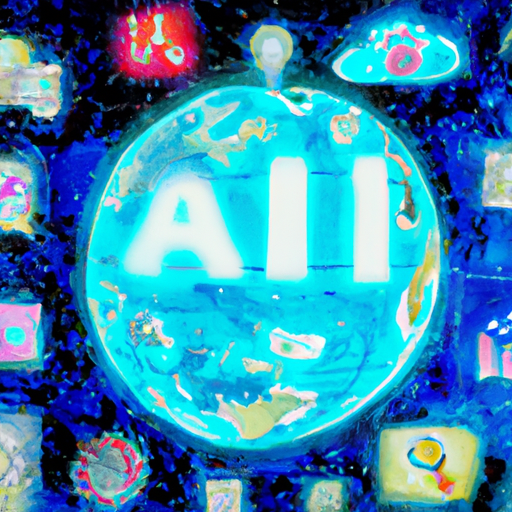
Embracing the Future: The Revolutionary Intersection of Digital Twin, AI, and IoT in Technological Transformation
The transformative integration of artificial intelligence (AI) and the Internet of Things (IoT) with digital-twin technology is revolutionizing various industries. These digital-twins, virtual replicas of physical entities, are becoming predictive tools that enhance decision-making and operational efficiency. By learning and adapting through AI, and gathering real-time data via IoT, digital-twins are evolving from simple reflections…
-
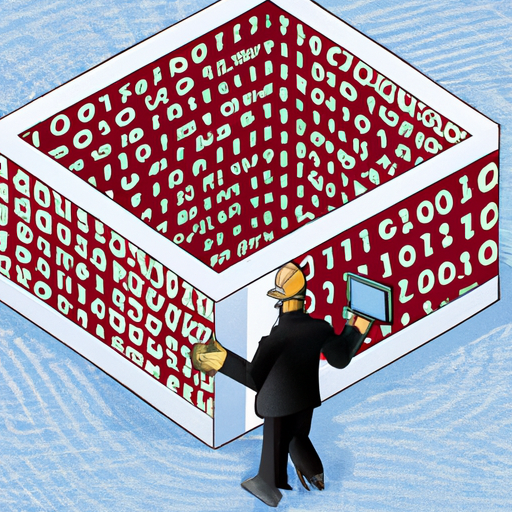
Mastering the Digital Doppelgänger: Unraveling Challenges and Limitations in the Digital Twin Transformation
Digital twins, powered by AI, are pivotal tools for digital transformation, replicating physical entities for non-disturbing analysis and testing. However, harnessing their full potential involves overcoming challenges such as ensuring accurate, relevant, and continuously updated data, integrating data from varied systems and formats, and meeting high computational demands. To navigate these, careful planning, effective strategies,…
-
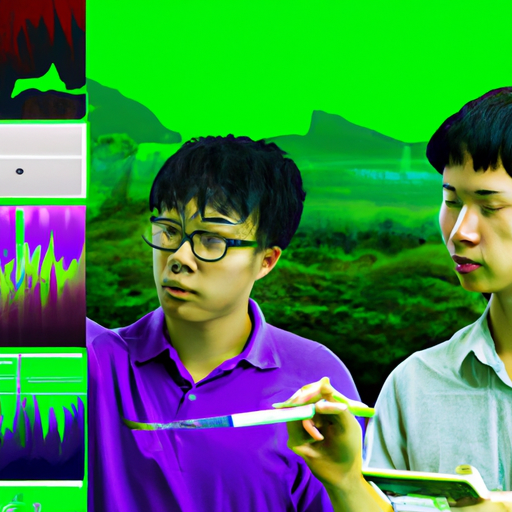
Digital Twins: Transforming Sustainability and Predicting Environmental Impact with AI
The fusion of AI and digital-twin technology is revolutionizing sustainable development, providing a virtual reflection of physical systems to simulate environmental conditions and predict impacts. This transformation is optimizing operations, reducing emissions, and promoting efficient energy use across industries. Yet, these technologies, while critical, are not standalone solutions and require commitment to long-term environmental health.…
-
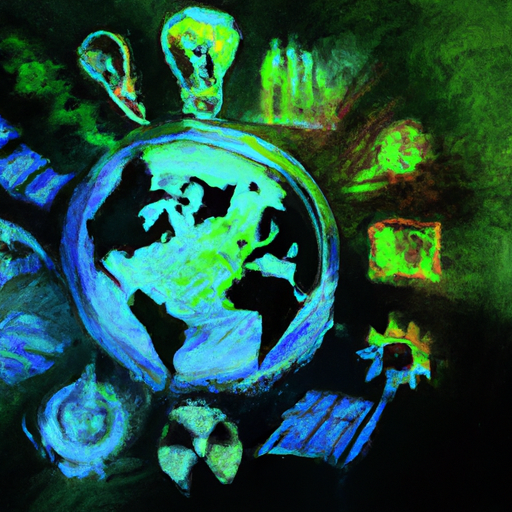
Revolutionizing the Energy Sector: The Role of AI, Digital Twin Technology, and Transformation in Optimizing Renewable Energy Production and Usage
The energy sector is undergoing a significant transformation thanks to AI and 'digital twin' technology. Digital twins, or virtual replicas of physical assets, are being used to simulate scenarios, facilitating data-driven decisions in energy production and distribution. In renewable energy, digital twins maximize production by adjusting to real-time weather conditions while AI predicts output and…
-

Unleashing the Potential of AI and Digital Twins: A Transformational Approach to Optimizing Urban Planning and Smart Cities
Digital-twin technology, powered by AI, is transforming urban planning by creating virtual city models for simulating, analyzing and predicting various scenarios. This transformation optimizes traffic management, energy consumption, and disaster response, leading to smart, sustainable cities. As this technology grows, it's offering a blueprint for optimized urban living. Urban planning has always been a complex…